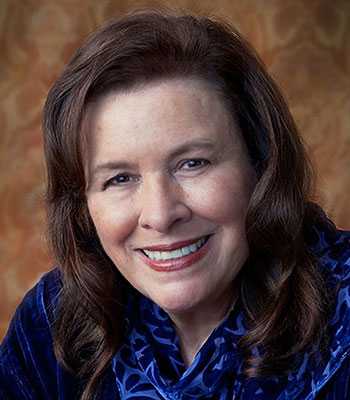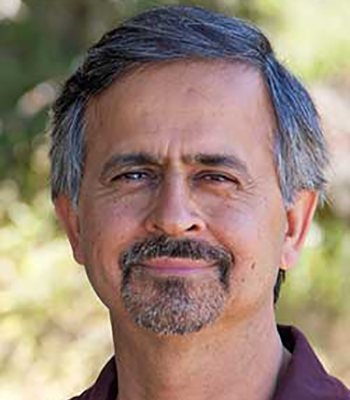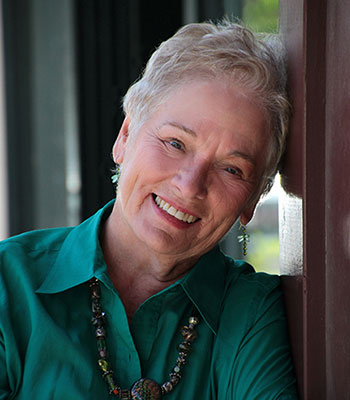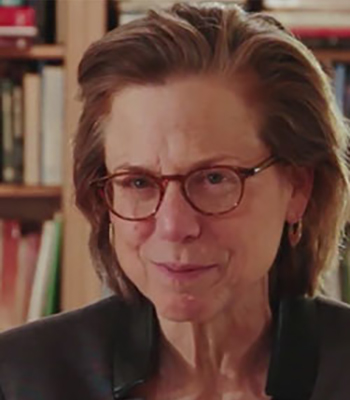Social Artistry:
Discovering the Creative Dimensions of Leadership
"The outcome of the world, the gates of the future, the entry into the super-human, these are not thrown open to a few of the privileged nor to one chosen people to the exclusion of all others. They will open to an advance of all together, in a direction in which all together can join and find completion in a spiritual renovation of the earth."
A Seven-Week Online Course
Worldwide, societies are crying out for assistance in the transformation of their citizenry, organizations, businesses, and institutions. To bring a new vision of the Possible Earth into reality, we need to begin with ourselves so that we are operating with the fullness of our being.
The global need is to achieve a new humanity and a new way to nurture the human species while we work to heal our home, the planet Earth. The need is to develop the possible human, in the possible society, in a more possible world. This is the art of world-making, spirit-catching, mind-growing, soul-quaking leadership!
The complexity of our time requires both greater and wiser use of our capacities - a rich playing of the mental and emotional instrument we have been given. The world needs Social Artists - skilled facilitators, change agents, and leaders - to guide and lead the shift to a set of new global values and local practices. Social Artistry provides strategies that are effective in an interdependant world, developing effective leaders who can productively address interconnected world problems.
This course in Social Artistry guides human development in its most primary form: The development of capacities, skills, and potentials that activate both individuals and groups in ways that enhance their societal choices and commitments, liberate their inventiveness, and raise levels of esteem and cooperation essential to carrying out individual and collective social goals.
In this Course, Participants Will:
- Learn and experience the state of the art in exploring and developing capacities in both physical, psychological, narrative, and other domains of human potential.
- Study the ways in which current discoveries in neuroscience and biophysics support a new vision for emergent human and social capacities.
- Learn and practice ways to translate for others how to utilize these findings, both for themselves and their organizations.
- Learn to create programs that serve this world in its current state of whole-system transition.
- Generate significant shifts in mindsets and capabilities through training in cross-cultural, individual and cultural development.
- Create teaching-learning communities of practice to carry the work of Social Artistry forward, as well as to advance its findings in service of new ways of being and doing.
Course Faculty

Jean Houston
The Chancellor of Meridian University, Dr. Houston is a visionary researcher who has authored nearly 30 books and worked intensively in over 40 cultures, lectured in over 100 countries, and worked with major organizations such as UNICEF and NASA. Dr. Houston has developed a worldwide network of leaders including Joseph Campbell, Margaret Mead, Buckminster Fuller, Jonas Salk, US presidents Jimmy Carter and Bill Clinton, as well as US Secretary of State Hillary Clinton, giving her unique insight into the human potential. Dr. Houston's book, A Passion for the Possible, was an expansive compliment to her inspiring PBS special of the same name. Dr. Houston has served on the faculties of Columbia University, Hunter College, Marymount College, The New School for Social Research, and the University of California. She holds doctoral degrees in both psychology and religion. Since 2002, Dr. Houston has been working with the United Nations Development Program, training leaders in developing cultures throughout the world in the field of Social Artistry.
Contributing Faculty

Aftab Omer
Aftab Omer, PhD is a sociologist, psychologist, futurist and the president of Meridian University. Raised in Pakistan, India, Hawaii, and Turkey, he was educated at the universities of M.I.T, Harvard and Brandeis. His publications have addressed the topics of transformative learning, cultural leadership, generative entrepreneurship and the power of imagination. His work includes assisting organizations in tapping the creative potentials of conflict, diversity, and complexity. Formerly the president of the Council for Humanistic and Transpersonal Psychologies, he is a Fellow of the International Futures Forum and the World Academy of Arts and Sciences.

Peggy Rubin
Margaret Nash (Peggy) Rubin is founding director of the Center for Sacred Theatre in Ashland, Oregon. Primary activities of the Center include the creation of workshops in Living Life as Sacred Theatre, and Sacred Studies of the Divine Feminine. Since 1987 she has also been the principal teaching associate of Jean Houston, in Dr. Houston’s worldwide multicultural transformational work and in her schools of spiritual studies. Working with Jean Houston, Peggy Rubin has presented classes, workshops and trainings throughout the United States, and in Australia, New Zealand, England, Ireland, Sweden, Greece, Egypt, The Netherlands, India, West Africa, Indonesia, Hong Kong, Taiwan, Jamaica, and on behalf of the United Nations Development Programme, in Albania, St. Lucia, Barbados, Kenya, and the Philippines.

Melissa Schwartz
Melissa Schwartz, PhD is the Chief Academic Officer at Meridian University where she guides integrally-oriented programs in Education, Business, and Psychology. The Director of Meridian’s Center for Transformative Learning, Melissa is dually licensed as both a psychologist and as a Marriage and Family Therapist (MFT). She serves as a reviewer for the American Psychological Association’s Journal, Psychology of Women Quarterly, and the California Psychological Association’s Office of Professional Development. As well, she serves as a Subject Matter Expert for California’s Board of Behavioral Sciences in the continual development of the state’s MFT licensure examination. Melissa’s research interests are in the areas of adult development, the psychology of women, integral transformative assessment, and the role of culture in transformative learning.
Course Modules
Week One
So You Want to Change the World
- ...becoming the kind of hero who dares to turn the dream into reality. Learning how to access inner resources that give you capacities to work towards the regeneration of self and society.
Week Two
Four Levels of Higher Consciousness
- ... and how to engage them for new orders of courage, commitment, and creation.
Week Three
The Possible Human and the Possible Society
- ...living and creating for the benefit of cultures and civilization in a time of whole system transition.
Week Four
Quantum Physics and Living in a Non-Dual Reality
- ...towards inspiration and connectivity to spark new understandings that engage deeper orders of mind and intelligence.
Week Five
Living and Thriving
- ...in a world beyond blocking and outmoded conditions, both personal and social.
Week Six
Creating Communities of Practice
- ...with kindred colleagues towards creating social structures that advance human and social development.
Week Six
The Discipline of Self-Care
- ...practiced by those who seek to become the Difference that Makes the Difference.
Online Course Format
Course Structure
- 7-week online course from September 10 through October 27, 2019
- Six live 75-minute Zoom sessions with faculty held Wednesdays at 11:00 am PT (Pacific Time) and recorded for participants who can’t join every session live
- Content and collaboration via Meridian's social learning platform
Course Schedule
- September 10 - Course begins, participants begin engaging with course resources and activities
- September 18 - First live course session
- September 25 - Second live course session
- October 2 - Third live course session
- October 9 - Fourth live course session
- October 16 - Fifth live course session
- October 23 - Sixth live course session
- October 27 - Course ends, participants continue engagement via learning platform’s social group
Course Fees
$270, including the synchronous course video calls, online learning platform access, participation in the course learning community, plus course resources and written activities.
Accreditation
Meridian University is accredited by the Western Association of Schools and Colleges (WASC) - a higher education accreditor recognized by the United States Department of Education. WASC is also the accreditor for Stanford University, UCLA, and the University of California at Berkeley.
Frequently Asked Questions
Meridian’s online courses are conducted via the University's own learning platform.
Our online courses promote community learning, through strong interactive engagement with fellow students and faculty as well as live video sessions with faculty.
You will need an email account, a high-speed internet connection, and access to a computer, iOS or Android device.
If you are planning to attend the course video calls live, you will need a webcam and microphone for your device. (Course video calls are conducted with participants video-enabled.)
Live 75-min video sessions with faculty and fellow students will be conducted throughout the course. Each week's live video call will be recorded and posted on the course platform.
Video presentations, readings, discussions and learning activities will be accessible asynchronously and may be completed on participants' own schedule. Course resources and recordings will remain available up to 30 days after the close of the course.
Full refunds are available until two (2) days before the course begins, by request via email.
You do not need to apply to a Meridian graduate degree program to take this online course. This course is one of Meridian’s open-enrollment courses
The course support team will be available to assist from start to finish. Please send your questions/requests/issues to openenrollment@meridianuniversity.edu
Convening faculty generally lead each live session. Contributing faculty typically contribute in one of the live course sessions. Course resources address the work of both convening and contributing faculty.
Meridian has institutional and federal financial aid options for our graduate degree programs. This open enrollment course does not have financial aid or payment plans available.